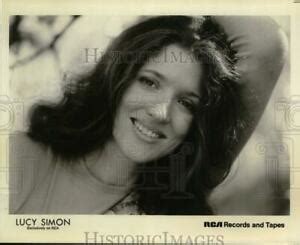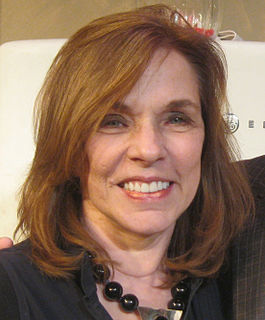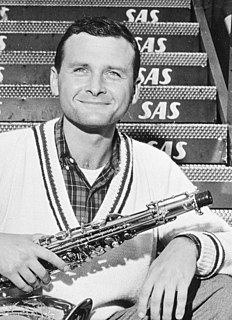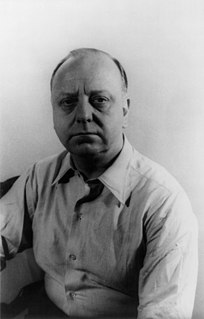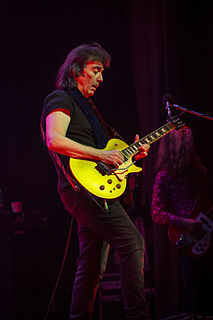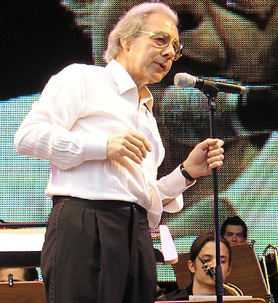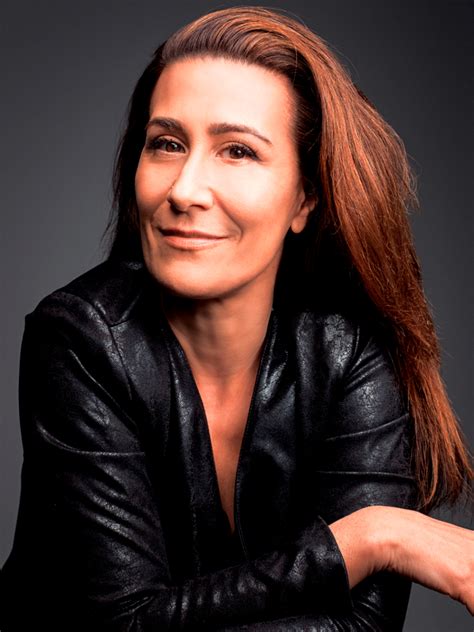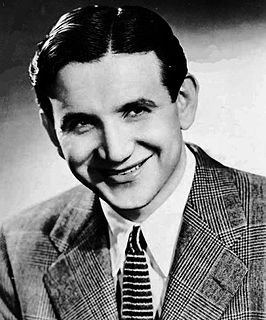A Quote by Lucy Simon
Music is my natural language. I have always had a form of dyslexia. I never studied music formally, so emotions come directly from the source into song mode. As a composer, it may be fortuitous. What I feel is what you get.
Related Quotes
My pieces usually are programmed on concerts in which the other works are standard repertoire. My music always sounds very different when it's on a concert of all contemporary music. It always seems to stick out at an odd angle. This also makes me think of a question I sometimes debate with my friends: does the music of a composer directly reflect that composer's personality? This is a difficult one, but I think it usually does.
Singing is a way of releasing an emotion that you sometimes can't portray when you're acting. And music moves your soul, so music is the source of the most intense emotions you can feel. When you hear a song and you're acting it's incredible. But when you're singing a song and you're acting it's even more incredible.
I had a drummer in my band who started teaching me tricks to come up with interesting rhythms. Because I don't come from a musical background, I've never studied music, and I don't know music theory at all, so a lot of stuff I discover on my own are things students would learn in the first grade of music.
I was very young, maybe five. The opera was very... I was attracted to opera to the point that I think it's the reason I started to write music for films. I never studied. There are film and music school that teach you how to write music. I never studied that. But the influence of opera, which is a combination of storyline, visuals, staging, plus music... that was perhaps the best school I could have had. That's what gave me the idea of coming to Hollywood to write music for films.
I think a lot of people get intimidated by the language of music, but everyone owns music. I think there's nothing standing in between a composer and her audience. I think a lot of people feel that way because they feel it's rarefied, but it's really not. You should feel the impact of it without being able to name it because it's ultimately a primal thing.
Perhaps within the next hundred years, science will perfect a process of thought transference from composer to listener. The composer will sit alone on the concert stage and merely 'think' his idealized conception of his music. Instead of recordings of actual music sound, recordings will carry the brainwaves of the composer directly to the mind of the listener.
